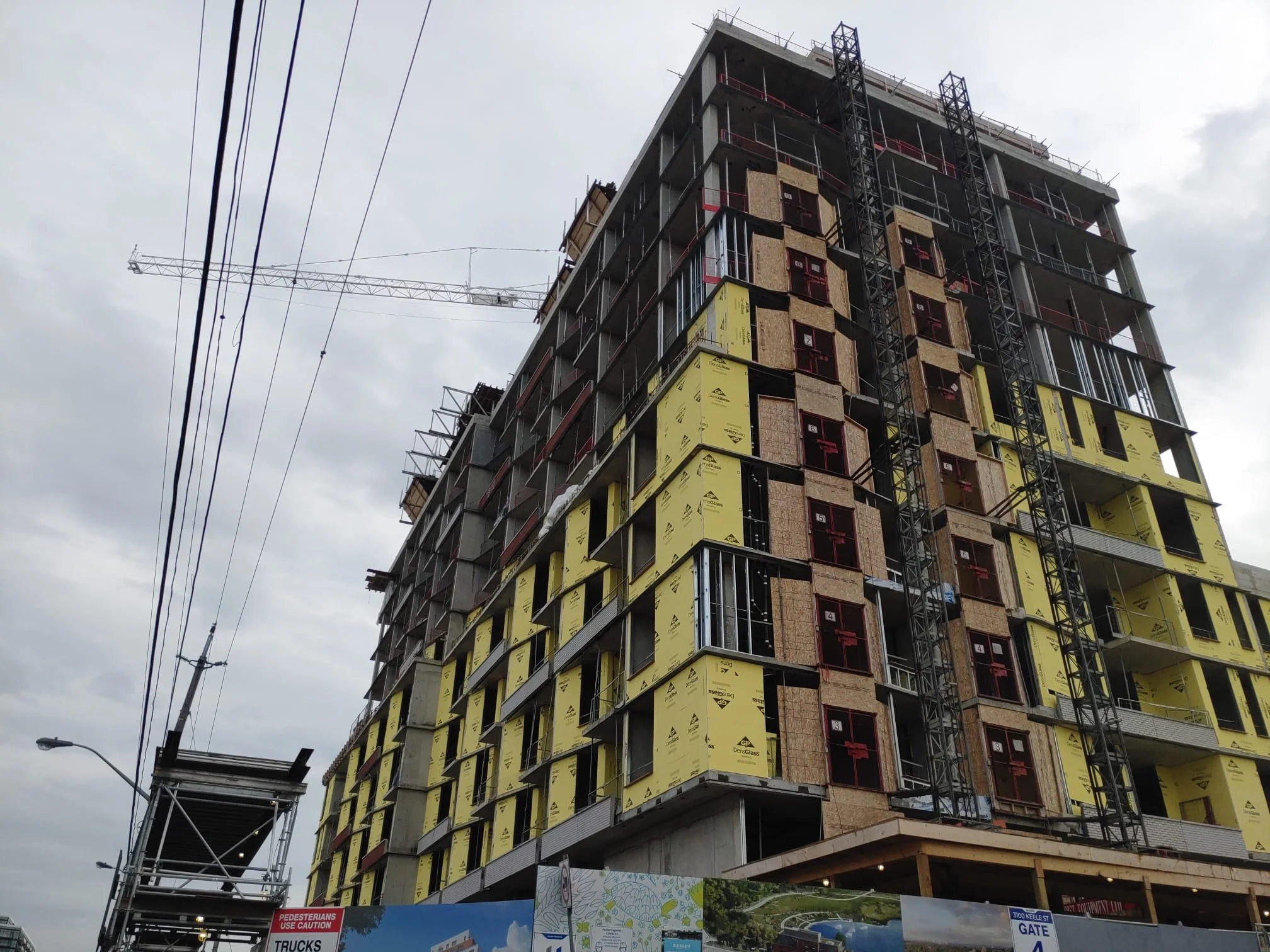BY: MATIAS DE DOVITIIS
The Province is saying that it plans to get rid of more red tape in the development industry. That is bad news for the public, homeowners and those with a hope of being homeowners in the future. We have already capitulated much of the economy and home building process to the developers: private industry builds the highest percentage of all units in Canada amongst the developed world. In Ontario, where Ford has very close ties to developers, the industry has some of the highest profit margins in the world.
This dynamic, combined with speculation, foreign investor money and low interest rates have driven the price of housing beyond the purchasing means of most of us. Less oversight over the industry will have a small bearing on the price of new homes but will instead increase developer’s profit. Most current homeowners could not afford their own house if they were in the market again. Most homeowners’ children will not be able to afford a home. Those families outside of homeownership now, are locked out of that possibility in the future. This has very problematic repercussions for society. We are creating a growing class of working people with no path towards home ownership.
Sounding like a lobbyist for the development industry, Ford stated this month that “we’re going to make sure that when applications go in, that they get approved as quickly as possible,” and that “we have to cut the red tape and all the bureaucracy” (Source: CP24). I am not sure who out there believes that developers need more incentives, but here we are. As much as some of the changes proposed could speed up development and get some units to market faster, without controlling speculation and foreign investment, for example, there is no evidence that these changes will make housing more affordable. They do, however, tilt the playing field further in favour of developers.
Importantly, the red tape that developers often criticize is not what is driving up prices for housing in the GTA, but rather, what protects us the public from the industry. Less red tape means less community control about where and how development happens. It means developers can avoid scrutiny from neighbours and push through projects by bypassing municipalities and oversight. Reducing development fees means less money for public libraries, sewers, roads, schools and parks. Less community benefits means less money for local communities. Shorter turnaround times for applications, means less oversight and lower quality products, and it means housing that will sell for a similar price but will have a higher risk of failure.
The City of Mississauga recently reported that the development industry is holding back on building more units, because building more would drag prices down for them. In Toronto a similar picture can be seen: “Between 2016 and 2020, (The City of Toronto) approved an average of 28,170 residential units per year and built an average of 15,303.” (Source: The Toronto Star) That means that 13,000 units are approved every year and are not built. Industry rejects the claim that they are hoarding approved units, but it is undeniable that developers are out there to profit, not to build and will try to sell for the highest price and for the lowest cost. We see that all over Toronto, with project after project going up without a thought for local community spaces, shopping spaces or the future of the City. On this issue, like many others Doug Ford is on the side of industry and big money and not on the side of people and good government.

